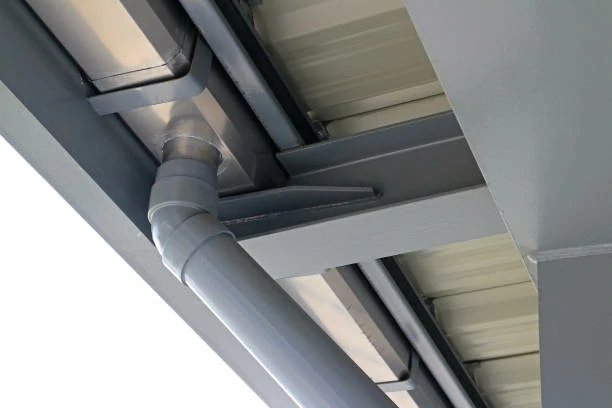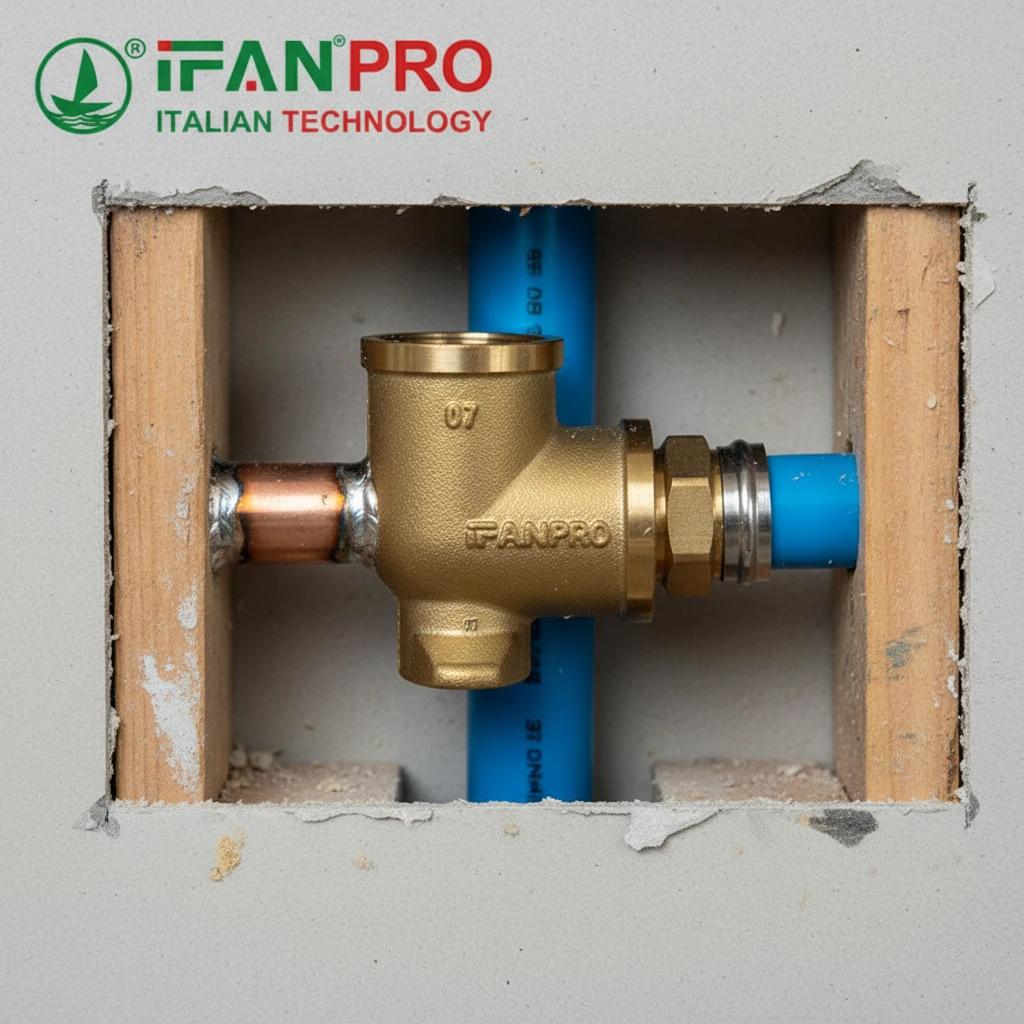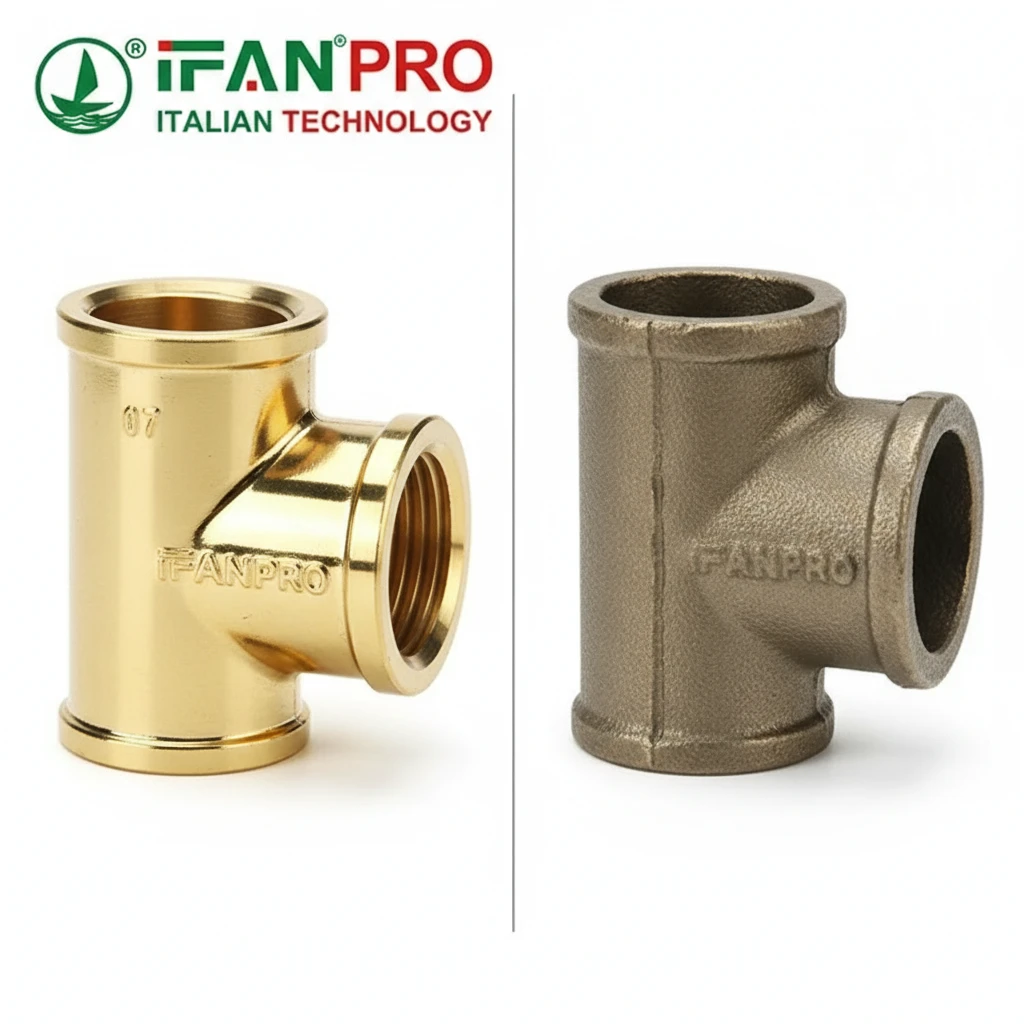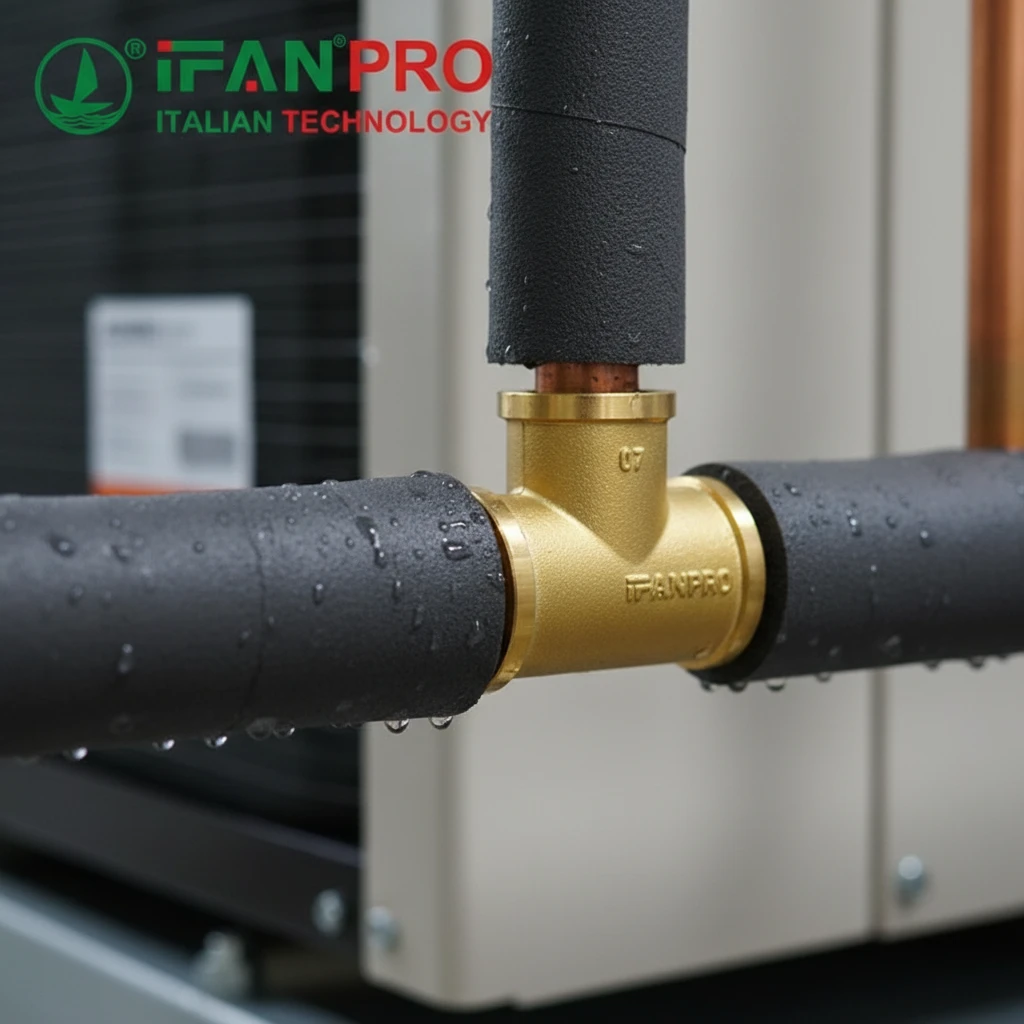How Temperature Affects PVC Pipe Performance
PVC (Polyvinyl Chloride) pipe are widely used in various applications due to their durability, chemical resistance, and cost-effectiveness. However, temperature plays a significant role in the performance and longevity of PVC pipes. This article explores how different temperatures affect PVC pipe performance.
Understanding PVC Material Properties
PVC pipes are composed of polyvinyl chloride, a plastic known for its versatility and strength.
- Composition: The polymer structure of PVC provides inherent strength and flexibility.
- Additives: Stabilizers and plasticizers are added to enhance performance, especially under varying temperatures.
Temperature Impact on PVC Pipe Strength
The strength of PVC pipes varies with temperature changes.
- High Temperatures: At temperatures above 60°C (140°F), PVC pipes may soften, reducing their pressure rating and load-bearing capacity.
- Low Temperatures: Below -20°C (-4°F), PVC pipes become more brittle, increasing the risk of cracking or breaking under stress.
Thermal Expansion and Contraction
PVC pipes expand and contract with temperature fluctuations, which can impact their installation and performance.
- Expansion: In high temperatures, PVC pipes expand, which can cause joints to loosen if not properly accommodated.
- Contraction: Low temperatures cause PVC pipes to contract, potentially leading to gaps or misalignments in the system.
Pressure Rating Variations
The pressure rating of PVC pipes changes with temperature, affecting their suitability for different applications.
- Pressure Rating at High Temperatures: The pressure rating decreases as the temperature rises, requiring adjustments in system design to prevent failures.
- Pressure Rating at Low Temperatures: While pressure ratings may increase slightly at lower temperatures, the brittleness of the material can negate this advantage.
UV Resistance and Temperature
Exposure to UV light combined with high temperatures can accelerate the degradation of PVC pipes.
- UV Degradation: UV light can break down the chemical structure of PVC, causing discoloration and brittleness.
- Temperature Effects: High temperatures exacerbate UV degradation, reducing the lifespan of exposed PVC pipes.
Thermal Conductivity
PVC pipes have low thermal conductivity, which affects their performance in temperature-sensitive applications.
- Insulation Needs: For hot water systems, PVC pipes require insulation to maintain water temperature and prevent heat loss.
- Cold Water Systems: In cold environments, insulation helps prevent freezing and condensation on the pipe surface.
Chemical Resistance and Temperature
Temperature changes can impact the chemical resistance of PVC pipes.
- High Temperatures: Certain chemicals may become more reactive with PVC at higher temperatures, reducing the pipe’s resistance to chemical attack.
- Low Temperatures: The chemical resistance remains relatively stable at low temperatures, but physical brittleness can still pose risks.
Practical Applications and Considerations
Understanding the impact of temperature on PVC pipe performance is crucial for various applications.
- Plumbing Systems: In residential and commercial plumbing, PVC pipes must handle a range of temperatures, from hot water distribution to cold water supply.
- Irrigation Systems: Agricultural applications often expose PVC pipes to outdoor temperatures, requiring consideration of expansion and contraction.
- Industrial Systems: Industries use PVC pipes for chemical transport, where maintaining temperature stability is critical for performance and safety.
Installation Best Practices
Proper installation techniques can mitigate the effects of temperature on PVC pipe performance.
- Expansion Loops: Incorporating expansion loops or joints in the design accommodates thermal expansion and contraction.
- Proper Support: Ensuring adequate support prevents sagging or stress points that can lead to damage, especially in fluctuating temperatures.
- Insulation: Using appropriate insulation materials maintains temperature stability and protects against environmental conditions.
Case Studies and Real-World Examples
Examining real-world applications provides insights into managing temperature effects on PVC pipes.
- Municipal Water Systems: Cities use insulated and UV-protected PVC pipes to maintain water quality and system integrity.
- Greenhouses: Agricultural operations employ PVC pipes for irrigation, using shading and insulation to manage temperature impacts.
- Chemical Plants: Industries transporting chemicals at controlled temperatures rely on PVC pipes with reinforced insulation and protective coatings.
Conclusion
Temperature significantly affects PVC pipe performance, influencing strength, expansion, pressure rating, and chemical resistance. Understanding these impacts allows for better system design, installation, and maintenance, ensuring the longevity and reliability of PVC pipes in various applications. By considering temperature-related factors, users can optimize the performance and durability of PVC piping systems.
Connect
IFAN is a Chinese manufacturer of plastic pipes, fittings and valves with 30 years of experience. If you are interest in IFAN copper fittings, copper valves, plastic pipes and fittings, please contact us. IFAN offers you a variety of standard pipes to meet your specific needs. Click below to learn more about IFAN’s wide range of affordable and cost-effective valve products and piping system related products.
We will reply your email or fax within 24 hours.
You can call us at any time if there is any question on our production.
For more information,pls visit our webside https://ifanpro.com/
Pls Mailto: [email protected]
Whatsapp: + 86 19857948982














Recent Comments